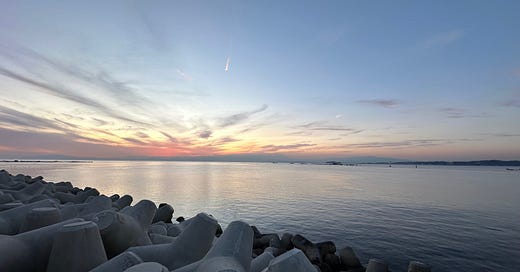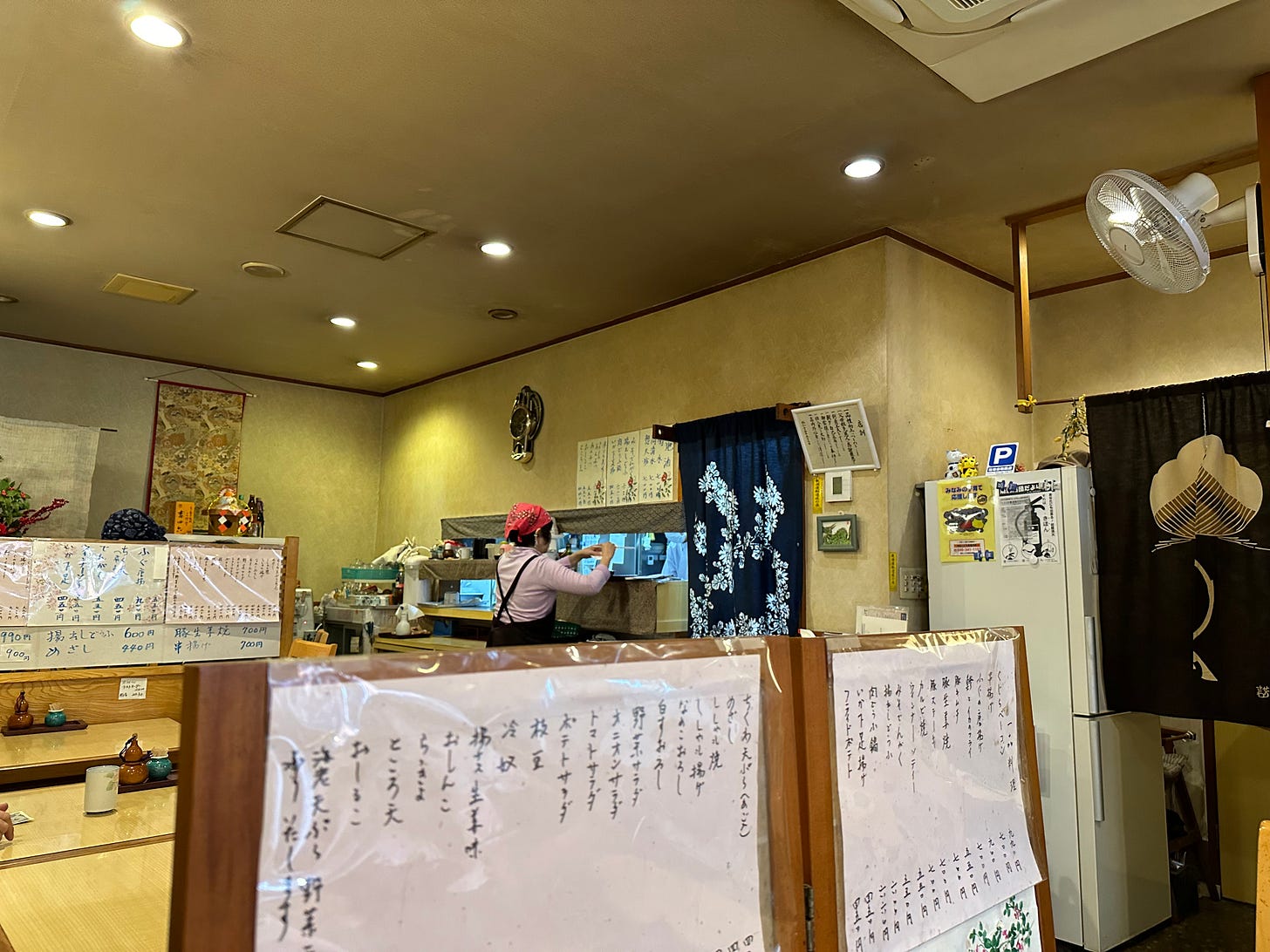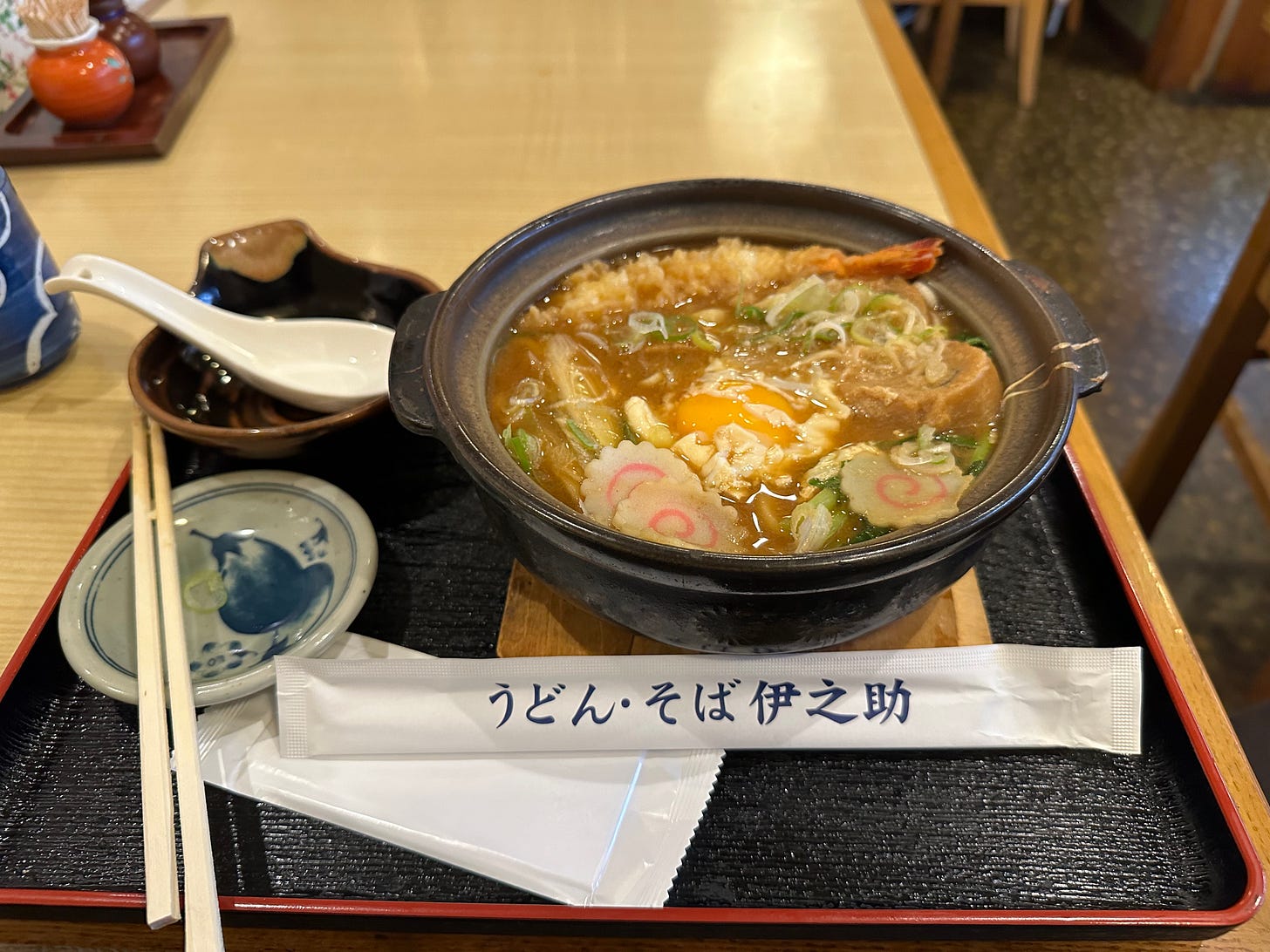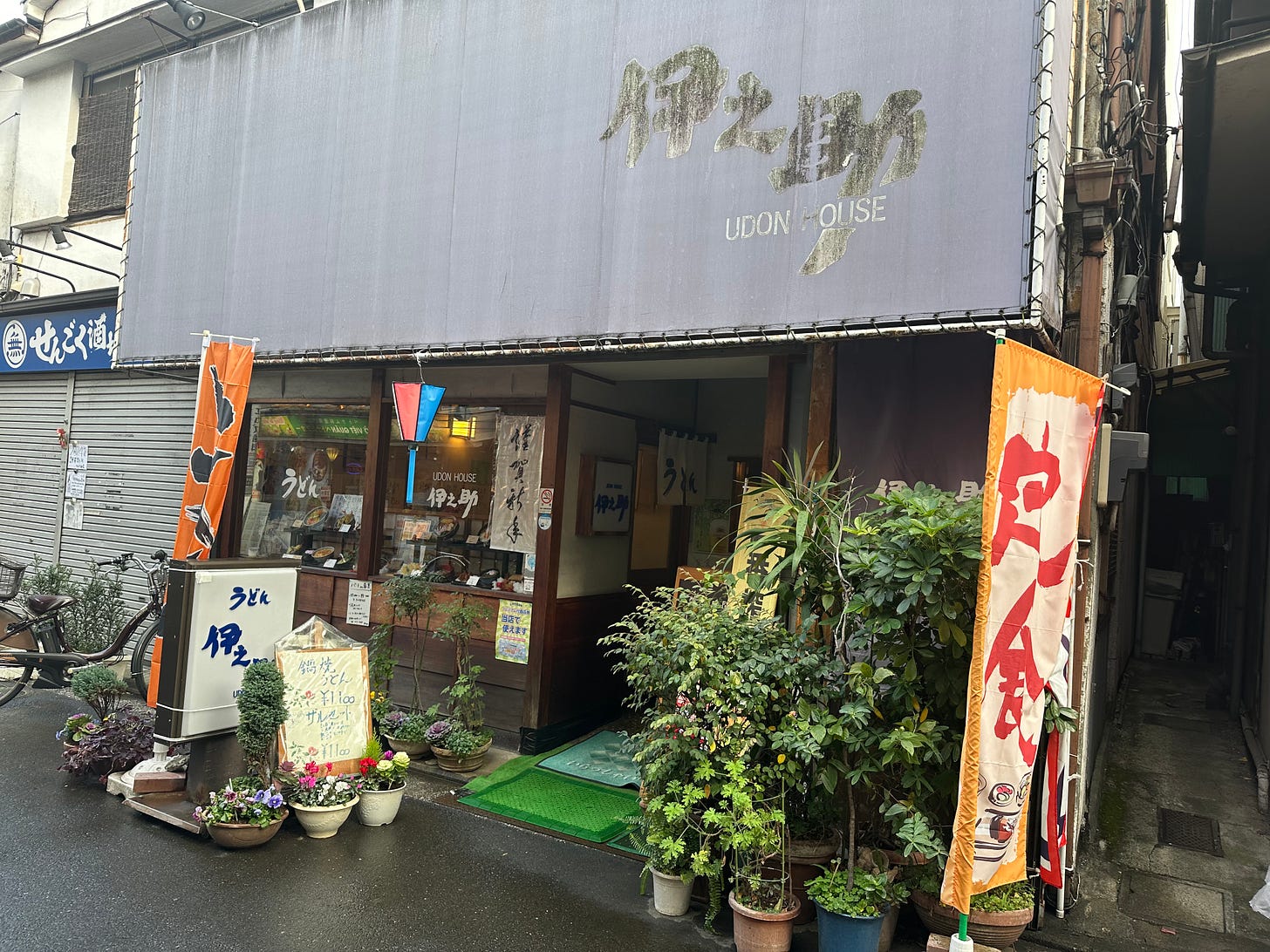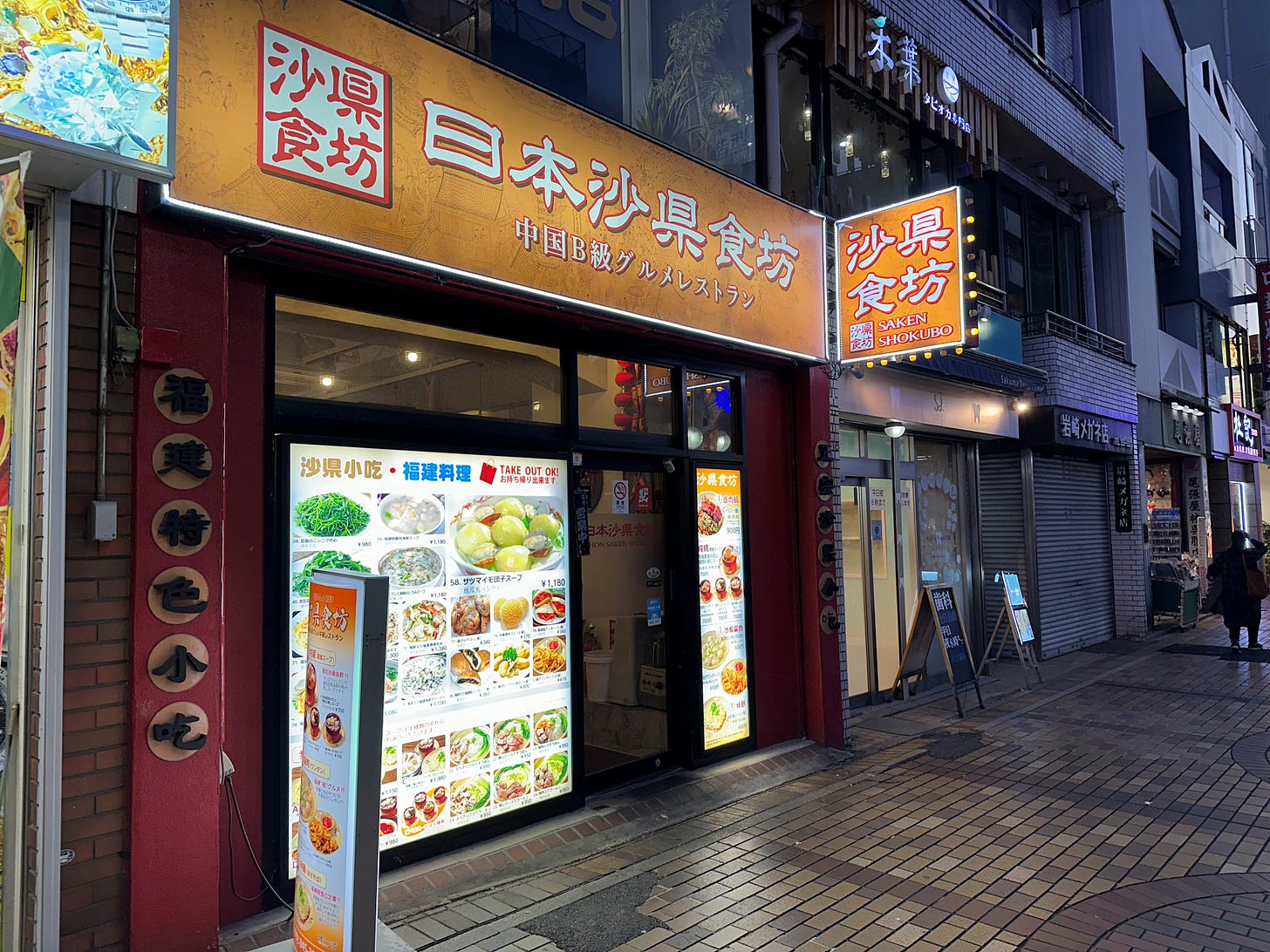A belated self-guilty attempt to start journalling of my life whilst trying to avoid genre specific egotism and making it a practical guide for the readers.
JAPAN. LIFE.
It was a quiet month at home marked by the sad news of the Noto Peninsula earthquake and relatively warm for a January weather.
GOOD READS
The extract below is from the interview with Haruki Murakami, a Japanese writer.
When I’m in writing mode for a novel, I get up at 4 a.m. and work for five to six hours. In the afternoon, I run for ten kilometers or swim for fifteen hundred meters (or do both), then I read a bit and listen to some music. I go to bed at 9 p.m.
I keep to this routine every day without variation. The repetition itself becomes the important thing; it’s a form of mesmerism. I mesmerize myself to reach a deeper state of mind.
But to hold to such repetition for so long — six months to a year — requires a good amount of mental and physical strength. In that sense, writing a long novel is like survival training. Physical strength is as necessary as artistic sensitivity.
I really bow to this sort of commitment and discipline. I have never read anything by Murakami as he is mostly in the surreal genre which I don’t like. But I might try one day.
I like this piece. And need to ask more questions to the people close to me. Although they are not so many.
All the jumps and runs in the previous life came back to me in a recent knee problem. After a few injections I am recovering, but the inevitable bad mood was diluted through the watching of the performances of a famous Russian writer and satirist Mikhail Zhvanetsky (he died in 2020 aged 86). It is impossible to translate all the juices and multi-layered nuances of his writings, although there are some of his quotes on the net in English. This is the Art.
GOOD WATCH
It was really a good find. Enjoyed a lot. The Girl from Oslo.
The gentlemanly English language used by the main character is an elegant act. You need to focus on the dialogues to get the beauty of nuances. The Outfit.
When to retire? I watched Azul and I think I am a bit late, but next year for sure.
After watching this WWII documentary, I have realized how little I know about the history of this war. Even at the outbreak of the war, as early as in 1940, British RAF managed to drop a few bombs on Berlin! Another interesting fact is that Japan joined forces with Britain in 1905 to drive Germans out of China, but then jumpled into the alliance with Nazi Germany in 1936 and attacked China in 1937. Also, how differently each war machine cared about their own soldiers. In the Soviet Union the soldiers were an expendable mass. Same for Japan. As an example, in the battle of the Philippines Sea the Americans tried to rescue every pilot from the downed airplanes (obviously protecting the highly trained component of the force), whereas Japanese did not have such agenda. They lost 400 planes and nearly the same number of pilots. The Americans lost 70 aircraft and 34 pilots (means they have managed to save nearly half).
I am really into documentaries now, as compared to the fiction, you are watching (mostly) what has really happened or is happening.
GOOD BITES
Udon House Inosuke in Gumyoji (close to Gumyoji subway station on Keikyu Line near Yokohama). Nabe udon with classis music. When they delivered a dish one of the Mozart’s horn concertos was playing.
The menu has some interesting dishes like onion salad and fugu karaage. I may come one day for a drink. Cozy “old style” all-runner.
Shaxian food from Fujian province is famous in China. It is not my first time in this restaurant, and it serves the only real Chinese food I have ever tried in Japan.
I like their soups, vegetables and noodles. Below is boiled duck soup with cordyceps flowers and stir-fried bean sprouts with garlic.
Saken Shokubo is located on Isezaki Mall promenade. Again not far from Yokohama.
I am yet to find real Cantonese food, which is my favorite among the vast variety of Chinese cuisines.
EXERCISE AND HEALTH
I have realized how important is to have strong upper body when I was suffering from a knee problem. I had to often replace lifting function of my legs with arms. And it did require an effort. So, in January I was focusing on chin ups and training leg muscles surrounding the knee. Also, I have learnt that I cannot rely on any doctor in Japan. Many of them, being busy, just address symptoms. So, research about your condition and finding a good specialist becomes your own task.
P.S. I will be wandering Vientiane next month. Stay tuned.
